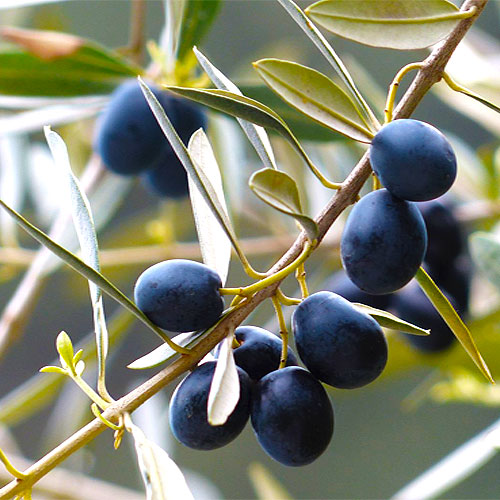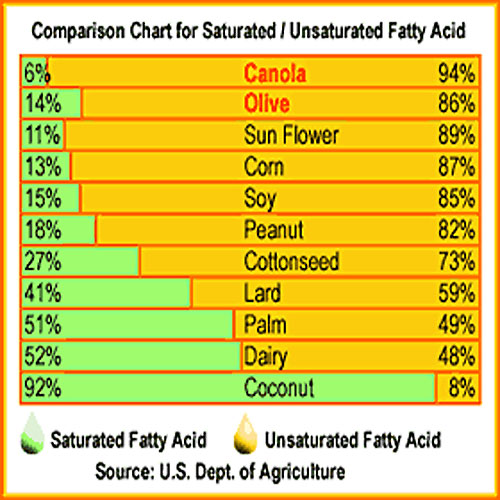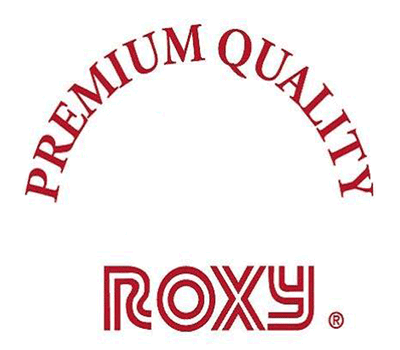Roxy Trading Inc.
Learn More About Canola Olive Oil:
Just Right for Heart Health
Both of Canola Oil and Olive Oil are considered as two of the choicest oils for health-conscious consumers because of their high level of mono-unsaturated fatty acid, which helps to reduce the LDL cholesterol (generally known as the bad cholesterol) in the blood. Food with high levels of unsaturated fatty acid has known to help lower the risk of coronary and cardiovascular diseases. In addition, olive oil is known to contain rich antioxidants Vitamin E as well as Chlorophyll.
Today's busy consumers want foods that taste good and boost health. Canola oil fits the bill. It has a unique blend of fatty acids that provides health benefits especially for people at risk of heart disease and other chronic diseases. Plus, its mild flavor makes it ideal for baking, braising and frying foods. It can be used in salad dressing, sauces and baked goods. ↑


The Essential Fatty Acids
Canola oil contains two fatty acids that are essential in our diets, providing a unique blend of fatty acids that contribute to good health. These polyunsaturated fatty acids - linoleic acid (an omega-6 fatty acid) and alpha-linolenic acid (ALA) (an omega-3 fatty acid) - must be obtained from foods because our bodies can't manufacture them. They play important roles in growth, reproduction, and vision; in maintaining healthy skin and cell structure; in the metabolism of cholesterol; and in regulating genes, the genetic material found in every cell of the body. They may also be beneficial in preventing heart disease and autoimmune disease such as rheumatoid arthritis.
Linoleic Acid
The omega-6 fatty acid is a major component of brain tissue and cell membranes and is required for the growth and the development of infants. When the diet is low in linoleic acid, virtually all organ systems are impaired. The central nervous system, the eye and platelets in the bloodstream are particularly vulnerable to a deficiency of linoleic acid. ↑
Omega-3- Fatty Acids
The major omega-3 fatty acids are alpha-linolenic acid (ALA), eicosapentaenoic acid (EPA) and docosahexaenoic acid (DHA). They have been shown to lower blood cholesterol and triglyceride levels. (Triglycerides are fats that travel in the bloodstream to storage sites in the body).
New research suggests that increasing our intake of omega-3 fatty acids may help reduce the risk of heart attack and strokes. ALA constitutes about 11% of the fatty acids in canola oil. Canola oil is a major contributor to the total ALA intake of North Americans because it is widely used in salad and cooking oils, margarines and shortenings.
Canola is a Good Plant Source of Omega-3 Fatty Acids
Canola oil contains alpha-linolenic acid, an essential omega-3 fatty acids that reduces risk of coronary heart disease and stroke. They also play a role in reducing the inflammation of joints associated with rheumatoid arthritis. DHA is an omega-3 fatty acid required for the development of the eye and brain in infants. Health Canada recommends that you consume about 1 gram of mega-3 fatty acids every day. For an adult on a 2000 calorie diet, this is the amount of alpha-linolenic acid found in one tablespoon of canola oil. ↑
Medical Studies on ALA
ALA Protects Against Heart Disease:
Results of the Lyon Diet Heart Study shows that the participants who ate a rich ALA diet that contained canola and olives oils, had lower blood cholesterol and triglyceride levels and highly HDL-cholesterol. (HDL-cholesterol is the "good" cholesterol.)
In fact, consuming a diet rich in ALA was associated with a 70% reduction in coronary events and cardiac deaths.
ALA Protects Against Stroke
Middle-aged men who participated in their MRFIT trial, showed an inverse relation between stroke risk and ALA concentration in cell membranes. That is, men with high levels of ALA in their cell membranes - a reflection of their high dietary intake of ALA - had a low risk of stroke, especially after other stroke risk factors such as smoking and high blood pressure, were taken into account. The researcher concluded that ALA is an independent predictor of stroke risk, much like high blood cholesterol is an independent predictor of heart attack risk.
Canola is a Good Source of ALA
Using canola oil regular in cooking and baking adds ALA to the diet and helps protect against heart attacks and strokes, the leading cause of death in North America Today.
Canola and Vitamin E
Vitamin E acts as an antioxidant. In vegetable oils, it helps reduce the speed at which the oils become rancid. In the human body, it helps protect against oxidative damage caused by free radicals. The richest dietary source of vitamin E, are vegetable oils such as canola oil. ↑
Comparison Chart for Saturated /Unsaturated Fatty Acid

Roxy Canola Olive Oil
The Canola/Olive oil blend is best suited for the Asian style of cooking for it has a higher smoke point than most of the edible cooking oils. It is uniquely suitable for wok frying, pan frying and cooking that requires high temperatures. ↑




